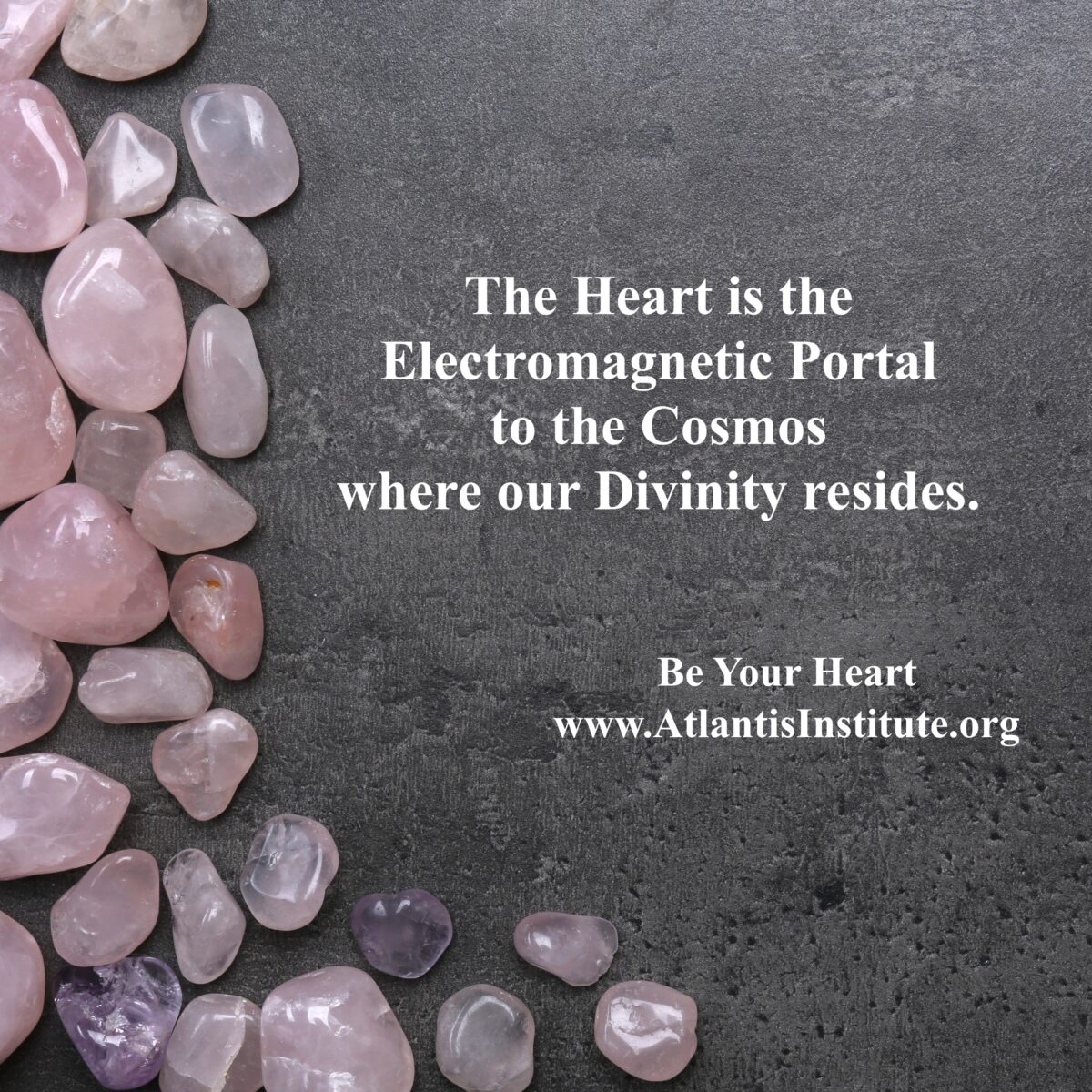Aquamarine – Atlantis Institute Crystal Encyclopedia
Origin
Aquamarine is a crystal of primary formation, which means it was formed from molten magma. This usually happens in cavities in volcanoes where the combination of chemistry and structural arrangements of mineral deposits, atoms and substances pass from gas or liquid into a solid state or by means of going out of solution by precipitation or evaporation.
The crystal is formed in igneous rocks, often granite. It can also be found in other sources of sedimentary rocks, like limestone or shale. Aquamarines can form larger, more transparent crystals than the other Beryl varieties, which are formed as hexagonal, columnar prisms.
Aquamarine is a blue or cyan variety of Beryl composed of beryllium aluminium cyclosilicate, which is, in turn, a group of the Silicate family. The Fe2+ ion is said to determine the blue colour, while Fe3+ produces a golden yellow hue. The combination of these ions produces the darker, deep blue of the maxixe.
All crystals belong to a different group according to the basis of the relationships of their axes. There are 7 systems and 32 classes of symmetry. Aquamarine crystals belong to the Hexagonal system.
History
Anselmus de Boodt named the aquamarine in 1609 after the Latin term aqua marina, meaning water of the sea. Prior to this, it was known as a sea-green Beryl.
The reference to the crystal, though, goes way back to the 2nd century, when it seemed to have come from a mermaid's treasure house. The Romans blessed the stone as it was said to join in young love, and in the Middle Ages, it was worn as a pendant and used as an oracle crystal.
The stones are mined globally, and significant finds have occurred in the US and Brazil. In 1910, the largest gemstone-quality aquamarine was found in Brazil and weighed over 110 Kg.
Specification
Aquamarines appear naturally and are enhanced through the tumbling, cutting and polishing process.
There is a strong market for lab-created aquamarines. These may be heat-treated to obtain the desired hue of colour.
Varieties
Aquamarines derive from the Beryl family and are associated with:
Aquamarine
Chrysolite
Maxixe
Esoteric Attributes
Crystals by their very nature are able to receive and focus energy in different ways. Their molecular structure enables them to be used to amplify and convert energy and hence crystals have been used for centuries to aid healing and transmute energy both in the metaphysical and physical world.
Because each crystal family has different formational backgrounds, each also has different vibrational frequencies that can be harnesed and used for specific purposes. Each therefore have specific qualities that can be used to help a person heal on the many different levels of their being.
The following is a list of healing attributes associated with Aquamarine crystals.
Mental: Aquamarines bring clarity to the mind and are known to clear up confusion and resolve unfinished matters.
Emotional: Aquamarine crystals increase light-heartedness and improve emotional discipline while allowing you greater perseverance in the mind.
Physical: Aquamarines assist with hay fever and other allergies. They also help with eye problems, the thyroid gland and bladder and respiratory issues.
Crystal Chart
Crystal: Aquamarine
Mineralogy: Beryl with iron
Geometric form: Hexagonal
Formation: Primary (moltan magma)
Family: Beryl
Birthstone: Aquamarine is associated with the months of March and October and is linked to Scorpio as a Beryl in the
Astrology Birthstone (Zodiac)
Appearance: Vitreous and transluscent, the aquamarine is conchoidal with an indistinct cleavage.
Aura: Aquamarine crystals are used to clear communication blocks and enhance spiritual communication. The stone enhances the aura and allows for the alignment of all the Chakras.
Colour: Aquamarine colours are blue to blue green. They can contain a colour streak of white.
Chakra: Dissipates the obstacles to communication and aligns all the Chakras. It primarily works with the Heart Chakra and is also associated with the Throat, Thymus and Third Eye chakras.
References and resources
Michael Gienger, Healing Crystals, Earthdancer Books, 2009
The Columbia Encyclopedia, Crystal, 6th ed. 2014
World of Earth Science, Quartz, 2003
Encyclopedia of Occultism and Parapsychology, Crystal Healing, 2001
http://gemstone-dictionary.com/birthstones-by-month.php
New Oxford American Dictionary
Become a Certified Crystal Therapist
See our wonderful range of Quality Crystals















